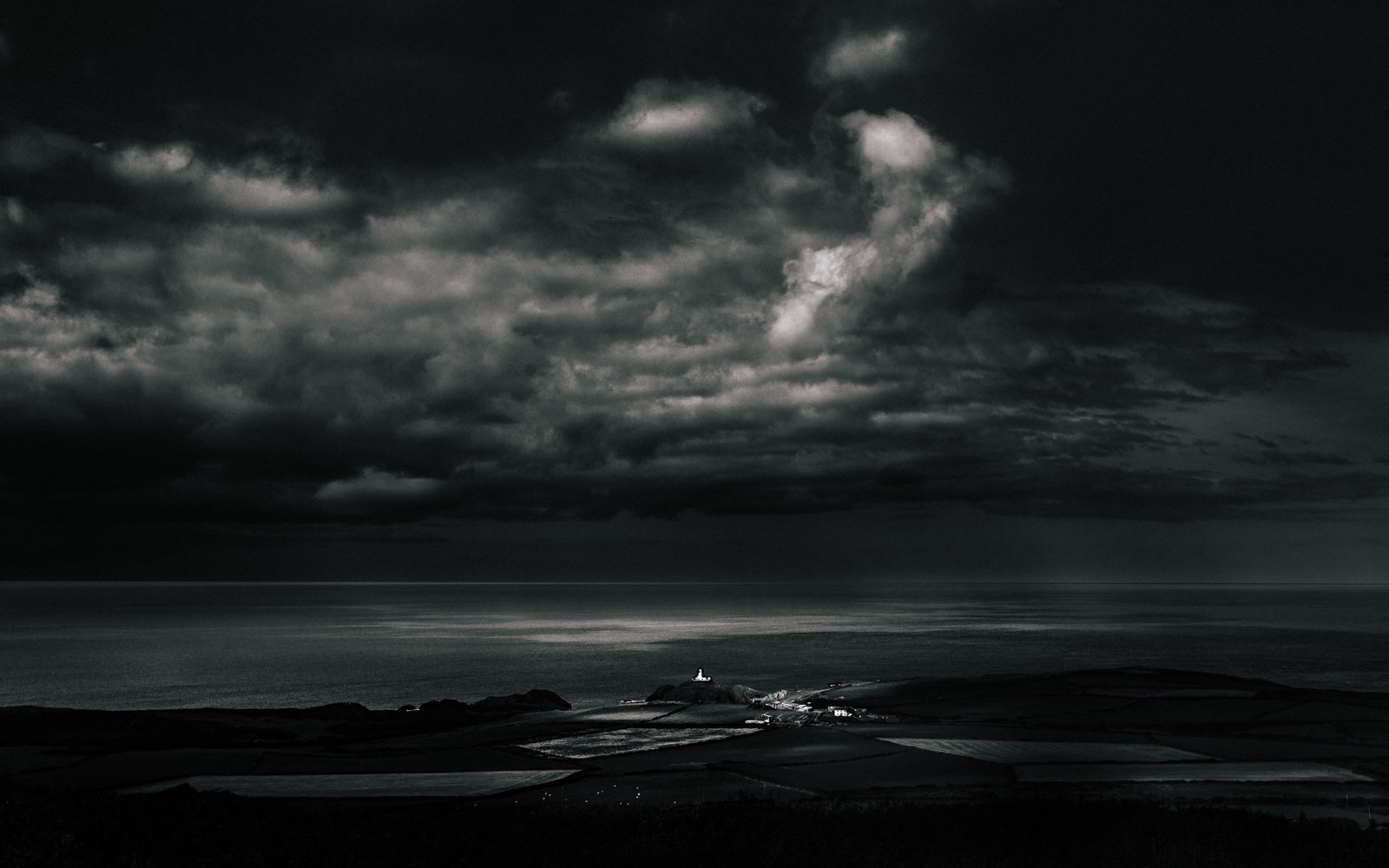What are goals? We use goals to define where we want to be. So maybe goals are destinations. These destinations fuel our imagination with the promise of a better future: ”run a marathon” “buy a house” “get 10,000 followers.” ‘Promise’ being the operative word, because we can’t know for sure if they will deliver. These destinations are unfamiliar territory. Goals tend to be based on things we haven’t experienced yet, otherwise the goal wouldn’t be necessary. It’s not until we set sail that we begin the transition from imagination to reality. In other words, the day we set the goal, marks the furthest point from reality.
Reaching our destination will take time. In that time, we learn new things, our circumstances, and our priorities are likely to change. We aren’t who we were when we set out. As we draw closer, and the silhouette of reality begins to reveal itself, it no longer aligns with - or lives up to - our uninformed preconceptions. Our dogmatic relationship with goals suggests only two options: abandon ship, or keep going. I would like to suggest a third: change course.
By conceptualizing our goals as destinations, we limit our ability to succeed to a very specific predetermined outcomes. If we don’t lose x lbs, run a marathon, earn x dollars, then we’ve failed, we’re a failure. We condemn our goals, and ourselves, to living up to unrealistic expectations. So what can we do? Set goals without expectations.
Think of goals as lighthouses. Lighthouses serve as guides. They illuminate safe passage for ships at sea, preventing them from breaking apart on the same jagged cliffs on which they’re often built. They themselves are not destinations. They sprout from some rough patch of a much larger - more inviting - landmass undetected due our willful blindness. Redefining our goals as guides rather than destinations, takes the blinders off. It helps us shed our expectations, and allows us to take in the whole picture.
We often measure success by reaching some tiny un-informed point we plopped on the map of our life long ago. The target is small, and risk of failure is high. When goals are lighthouses, success is defined by simply showing up, by daily progress no matter how big or small. We’re no longer confining ourselves to some questionable target. This gives us latitude to grow and to explore. It allows us to update our goals based on what we learn, keeping them relevant. They continue to align with our changing needs, which keeps us motivated. It’s the difference between “run a marathon” vs “get healthy”, “get 10K followers” vs “create better content”, “become fluent in a language” vs “learn how to communicate better”. The emphasis is taken off the outcome, and placed where it should be, the process.
By all means, set specific goals. Build your brilliant lighthouses along the alluring shores of all the places you wish to explore. Just see them for what they are: concepts, ideas, mental landmarks we construct to prevent us from getting lost at sea as we make our way from where we are, to where we want to be. Like lighthouses, goals are only as good as what they allow you to see.
About the Author:






Tiffany
November 29, 2024
I love your concept of goals as lighthouses so much better! The process is the gold, not the destination.